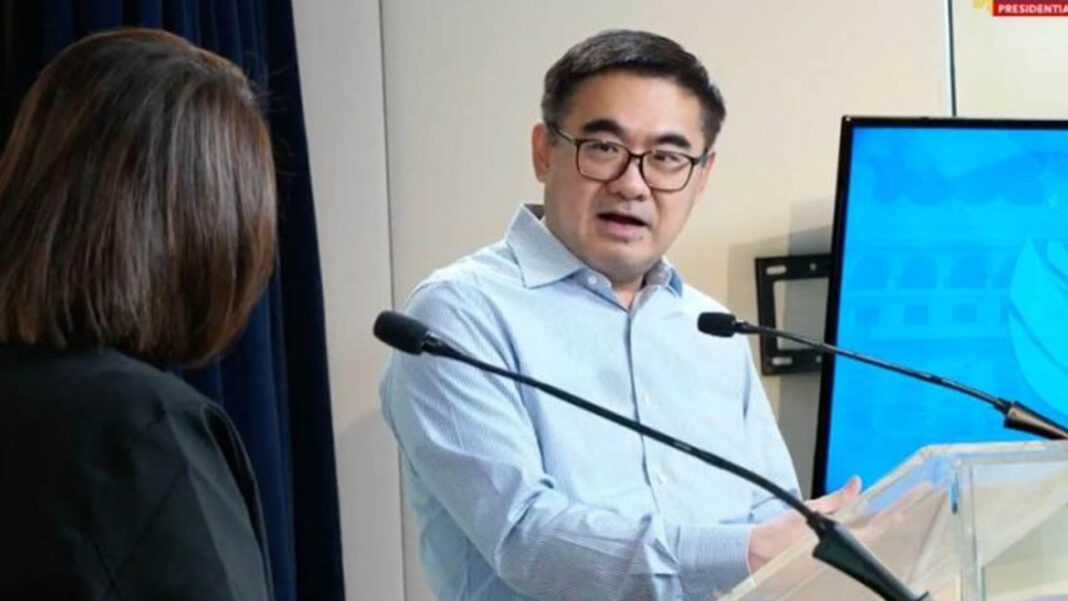Trade officials said Thursday negotiations on the specifics of the 19 percent tariff on Philippine exports, down from the 20 percent announced earlier, would continue.
“The details are not yet final. The Philippines and the United States will still have to negotiate the details of the agreement, including products that are covered by market access commitments on both sides,” Trade and Industry Secretary Ma. Cristina Roque said in a joint statement with Special Assistant to the President for Investment and Economic Affairs Frederick Go.
“As we move forward, we will work closely with relevant stakeholders to finalize the remaining details of the agreement. We are mindful of the sensitivities of our domestic stakeholders and the same will be duly considered in the negotiations,” the statement read.
Go assured the public that “the concessions we will extend are strategic to the Philippines.”
“These are products that we do not locally produce and are critical inputs to reducing the cost of healthcare, for example,” he said.
“Our technical working groups will continue to work with their counterparts from America to finalize the details of this arrangement. Marami pang kailangan pag-usapan, so hindi pa po tayo tapos (There are still a lot to be discussed, so we are not yet done),” he said, in turn, during a press briefing in Malacañang Thursday.
Go pointed out that the 19 percent tariff imposed on Philippines exports to the US is a universal tariff.
He also noted that excluded from the concessions are sugar, corn, rice, chicken, fish, and seafoods, among others, to protect local farmers and fishers.
Go also cited that the tariff would be paid not by Filipinos but by US citizens who will import and buy products from the Philippines.
Another important thing about the tariff imposed on the Philippines is that it is the second lowest in Asia after Singapore’s 10 percent, he said.
“Importante ito dahil kapag mababa ang ating taripa, makaka-attract po tayo ng mga foreign direct investors in the Philippines para magtayo ng mga pabrika, magtayo ng mga negosyo sa Pilipinas para makapag-export ng kanilang mga produkto sa America (This is important because if our tariff is low, we could attract foreign direct investors to the Philippine to put up factories and businesses for the products that they will export to the US),” he added. (PNA)


